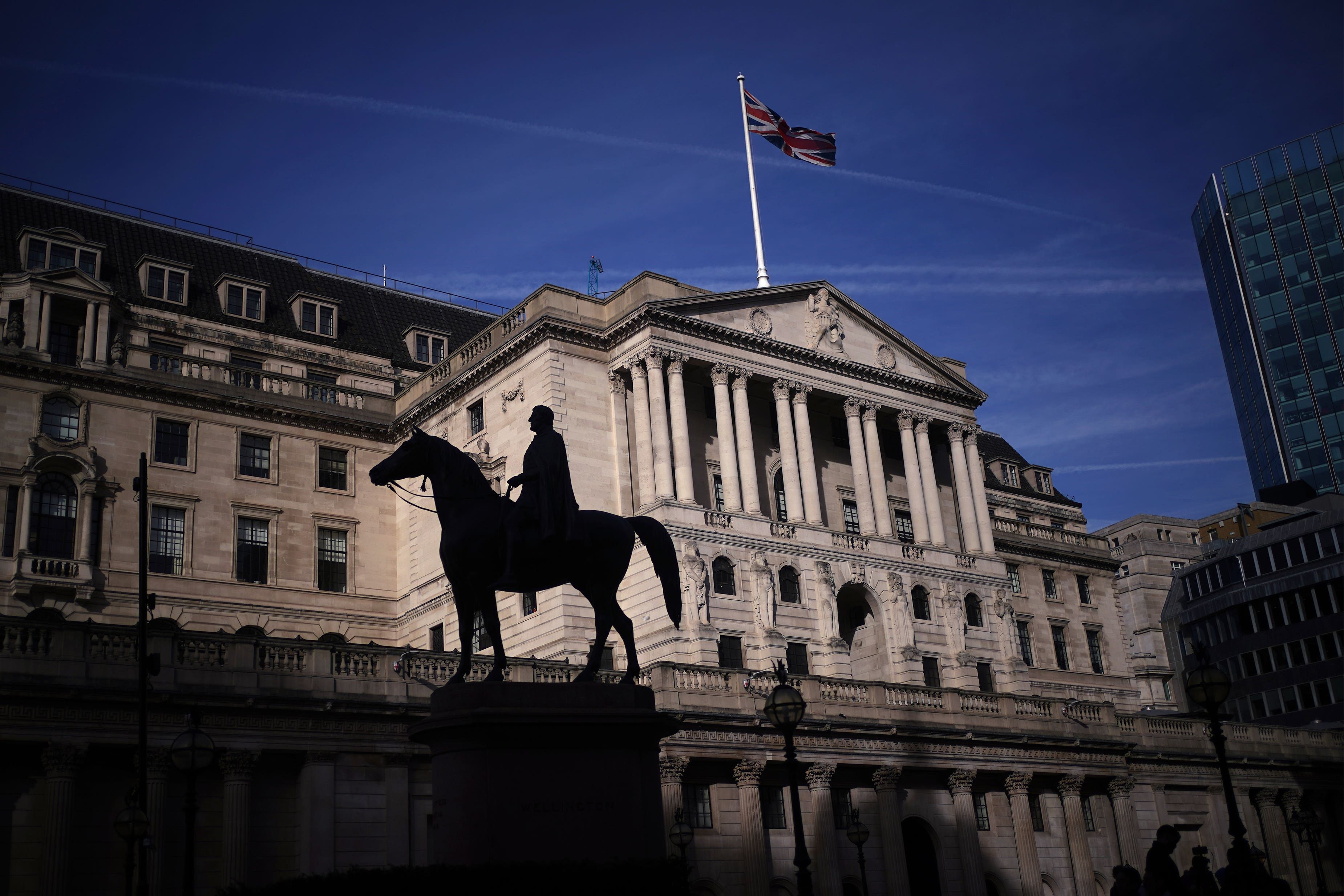Waiting to cut rates risks ‘hard landing’ for UK economy, says Bank policymaker
MPC member Swati Dhingra was out-voted in calling for rates to be cut from 5.25% to 5% earlier this month.

Bank of England policymaker Swati Dhingra has cautioned that holding off from cutting interest rates until inflation falls further could risk leaving the economy with a “hard landing”.
Ms Dhingra – who was out-voted in calling for rates to be cut from 5.25% to 5% earlier this month – said that while the path of easing inflation was unlikely to be smooth, “it looks to be clearly downwards”.
In a speech at an event hosted by MNI Connect, she said: “Waiting for lagging indicators of domestic relative price growth to fall sharply before reducing rates comes with a cost of forgone improvements in living standards and a risk of lowering supply capacity for the future.”
She said that UK consumption had still not recovered to levels seen before the pandemic, unlike in the US and eurozone, adding that the impact of the recent run of 14 rate hikes in a row would still continue to be felt for some time.
Ms Dhingra said: “The restrictive stance of monetary policy is expected to continue weighing on economic growth and living standards for more time, even if moderation starts now.
“In my view, the evidence to err on the side of overtightening is not compelling as it often comes with hard landings and scarring of supply capacity.”
The Bank’s Monetary Policy Committee held rates at 5.25% in February, but it was a split vote, with Ms Dhingra voting for a cut and two policymakers calling for a rise.
The majority of the committee were still concerned over wage growth and services prices and whether they were slowing enough to bring inflation back to the 2% target.
Ms Dhingra said: “The path of inflation is unlikely to be smooth, but it looks to be clearly downwards and in line with disinflation in other advanced economies owing to some of the common global shocks that have occurred.”
She added that weak economic output would likely slow inflation further.
Figures last week revealed that the UK fell into recession at the end of 2023 after two quarters in a row of falling output.
Ms Dhingra said there were signs that the economy is already turning a corner, echoing comments made recently by Bank governor Andrew Bailey.
She said more recent economic indicators “provide some reassurance that the contraction last quarter isn’t signalling a rapid and imminent deterioration in the demand outlook”.
But she said: “Overall, the outlook for demand remains weak and less resilient than previously assumed.
“This further reduces prospects of embedded persistence and raises the downside risks to living standards from keeping policy tight.”
Subscribe to Independent Premium to bookmark this article
Want to bookmark your favourite articles and stories to read or reference later? Start your Independent Premium subscription today.
